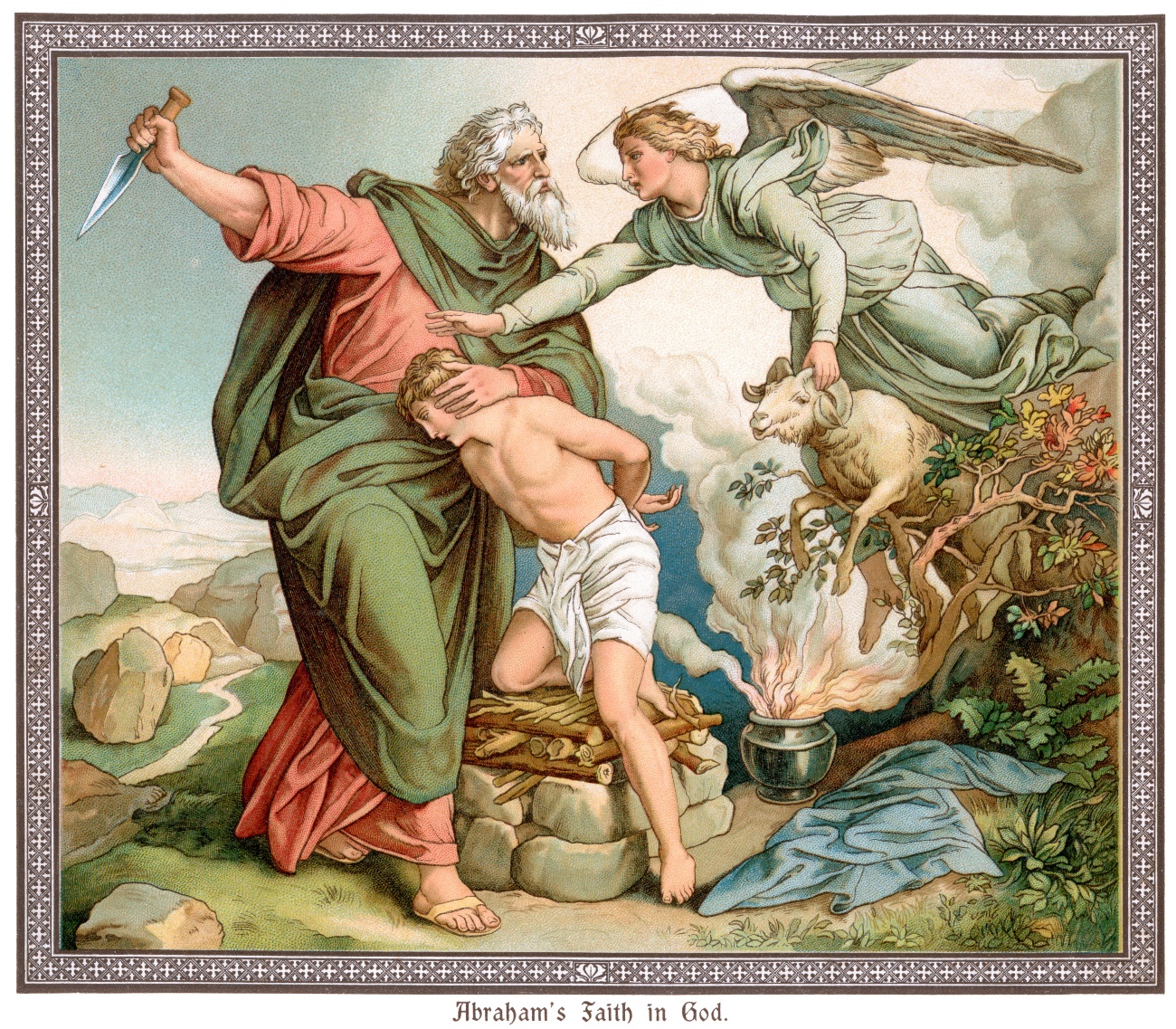The Role of Sacrifice in the Old Testament
Sacrifice helps us connect with God, develop empathy and compassion for others, shape our character and values, and overcome our limitations and weaknesses.
“Therefore, I urge you, brothers and sisters, in view of God’s mercy, to offer your bodies as a living sacrifice, holy and pleasing to God – this is your true and proper worship.”
– Romans 12:1
Sacrifice plays a crucial role throughout the Bible, and understanding its significance can have a profound spiritual impact on Christians of all types. It is important to understand the full scope of sacrifice in the Bible in order to fully appreciate its substance.
The act of sacrifice shows that a person is willing to give up something of value in order to honor God, yet can also involve giving up our own desires and comfort in order to serve others. The story below views sacrifice through the lens of the Old Testament.
Old Testament versus New Testament Perspectives

In the Bible, sacrifice is a central aspect of religious practice, seen as a way to atone for sins and to maintain the relationship between God and humanity. In the Old Testament, sacrifices were made in the form of offerings of animals, grains, and other items. These offerings were given with a pure heart and with the understanding that they were a symbol of the person’s commitment to God, or acknowledging wrongdoing and seeking to make amends.
There are differences between sacrifice in the Old Testament and the New Testament, as the New Testament rightfully focuses on the events surrounding the ultimate sacrifice of Jesus Christ, rather than on the sacrifices of individuals. Sacrifice that demonstrates devotion to God and to serve others is still present in the New Testament, but is put into perspective by the divine sacrifice of the Son of God, who gave himself up to save all of humanity.
Cain and Abel

A leading Old Testament example of sacrifice is the story of Cain and Abel, which underscores the principle that true sacrifice involves giving of oneself completely, with a genuine desire to honor and please God.
In Genesis, the brothers Cain and Abel bring offerings to God, but their sacrifices are received differently. Abel offers the “firstborn of his flock and their fat portions,” demonstrating his devotion and obedience to God. Cain presents “some of the fruits of the soil,” without the same level of sincerity and commitment to the task set by the Lord. God accepted Abel’s offering but rejected Cain’s, a response that led to Cain murdering Abel in a jealous rage.
Abel demonstrated genuine faith through his willingness to give the best of what he had. In contrast, Cain’s sacrifice lacked the same level of devotion and sincerity, indicating a half-hearted approach. The Lord’s rejection of Cain’s offering was not solely based on the type of sacrifice, but rather the condition of his heart. It revealed God values not just the external act but also the inner disposition of the worshiper.
Abraham: Sacrifice and Courage

The Bible often portrays sacrifice as an act of courage in the face of adversity. It takes courage to give up something of value and to trust that God will provide for our needs. The story of Abraham and Isaac is a prime example. Abraham was willing to sacrifice his own son, Isaac, as a demonstration of his faith in God, and act requiring great courage because it went against his natural instincts as a father. Sacrifice is therefore seen as a way to demonstrate courage and faith in God, which can help us to overcome our own weaknesses and limitations. Sacrifice is a way to become stronger and more resilient in the face of adversity or opposition.
Sacrifice in Daily Life

“And do not forget to do good and to share with others, for with such sacrifices God is pleased.” – Hebrews 13:16
There are many practical ways to incorporate sacrifice into our daily lives. We can give up our time and resources to serve others, we can give up our own desires in order to honor God, and we can give up our own comfort in order to help those in need.
Sacrifice can be as simple as giving up a few hours of our time to volunteer at a local charity, or as complex as giving up a career in order to serve others full-time. The key is to approach sacrifice with a pure heart and a willingness to give up something of value for the benefit of others.
Conclusion
Sacrifice is a vital aspect of the Bible that holds significant spiritual impact, as a way to demonstrate devotion to God, seek forgiveness for sins, and serve others. Sacrifice helps us deepen our relationship with God, develop empathy and compassion for others, and shape our character and values.
SKM: below-content placeholderWhizzco for FHB

